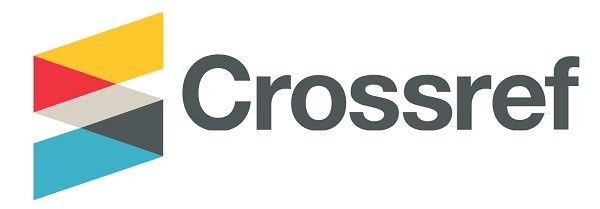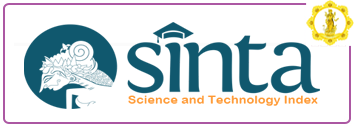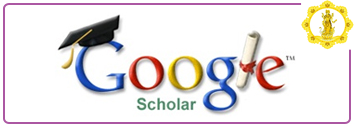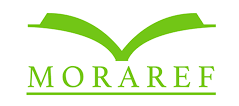MANAJAMEN KOMUNIKASI PENGELOLA WISATA EDUKASI SUBAK TEBA MAJELANGU BERBASIS PARIWISATA BERKELANJUTAN
DOI:
https://doi.org/10.25078/jpm.v10i02.4073Keywords:
Communication Management, Educational Tourism, Sustainable TourismAbstract
The Subak Teba Majelangu Educational Tourism Object is a Subak Educational tourism site offering a variety of activities designed to provide an educational and interactive experience about the subak system. These activities include Agricultural Education, where visitors can learn traditional Balinese farming techniques; the Subak Museum, which presents information and artifacts related to the history and culture of the subak irrigation system; Animal Feeding, which allows visitors to interact directly with domestic animals; the Seed House, where visitors can learn about the seedling process and plant growth; as well as various other activities. To restore and further develop the Subak Teba Majelangu Educational Tourism site, management and implementation involving all parties are required, including not only the government but also the community and stakeholders. The managers of the Subak Teba Majelangu Educational Tourism need to be prepared to grow by building market networks with tourism industry players, developing promotional media, and applying various innovations to revive its tourism potential. The aim of this research is to analyze the Communication Management of the Subak Teba Majelangu Educational Tourism based on Sustainable Tourism. The method used in this research is qualitative with a descriptive analysis type. Subak Teba Majelangu also offers several activities that support recreational and educational activities such as Agricultural Education, Non-Educational Activities, Comparative Study or Study Visits, Outbound Activities and Games, Yoga, and Meetings. Therefore, the development carried out by the Subak Teba Majelangu educational tourism managers includes Defining Public Relations Problems, Planning and Programming, Taking Action and Communication, and Evaluating the Program
Downloads
References
Dwijendra, N. K. A. (2018, November). Eco tourism opsi pengembangan pariwisata berkelanjutan di wilayah Bali Tengah. In SENADA (Seminar Nasional Manajemen, Desain dan Aplikasi Bisnis Teknologi) (Vol. 1, pp. 394-403).
Harimurti, I. G., & Dwijendra, N. K. A. (2022). Kajian Penerapan Ekowisata di Kawasan Pariwisata Padangbai Bali. Media Wisata, 20(1), 60-70.
Harvati, K., & Weaver, T. D. (2006). Human cranial anatomy and the differential preservation of population history and climate signatures. The Anatomical Record Part A: Discoveries in Molecular, Cellular, and Evolutionary Biology: An Official Publication of the American Association of Anatomists, 288(12), 1225-1233.
Riadi, M. (2019). Pengertian, Layanan dan Parameter Quality of Service (QoS). Kajian Pustaka. com.
Suprayitno, E. (2008). Ekonomi mikro: Perspektif Islam. UIN-Maliki Press.
Yohana, N., & Rumyeni, Y. (2019). Manajemen Komunikasi Dinas Pariwisata Kebudayaan, Kepemudaan Dan Olahraga Dalam Mengembangkan Potensi Desa Wisata Di Kabupaten Bengkalis. Jurnal Komunikasi, 13(1), 1-12.









